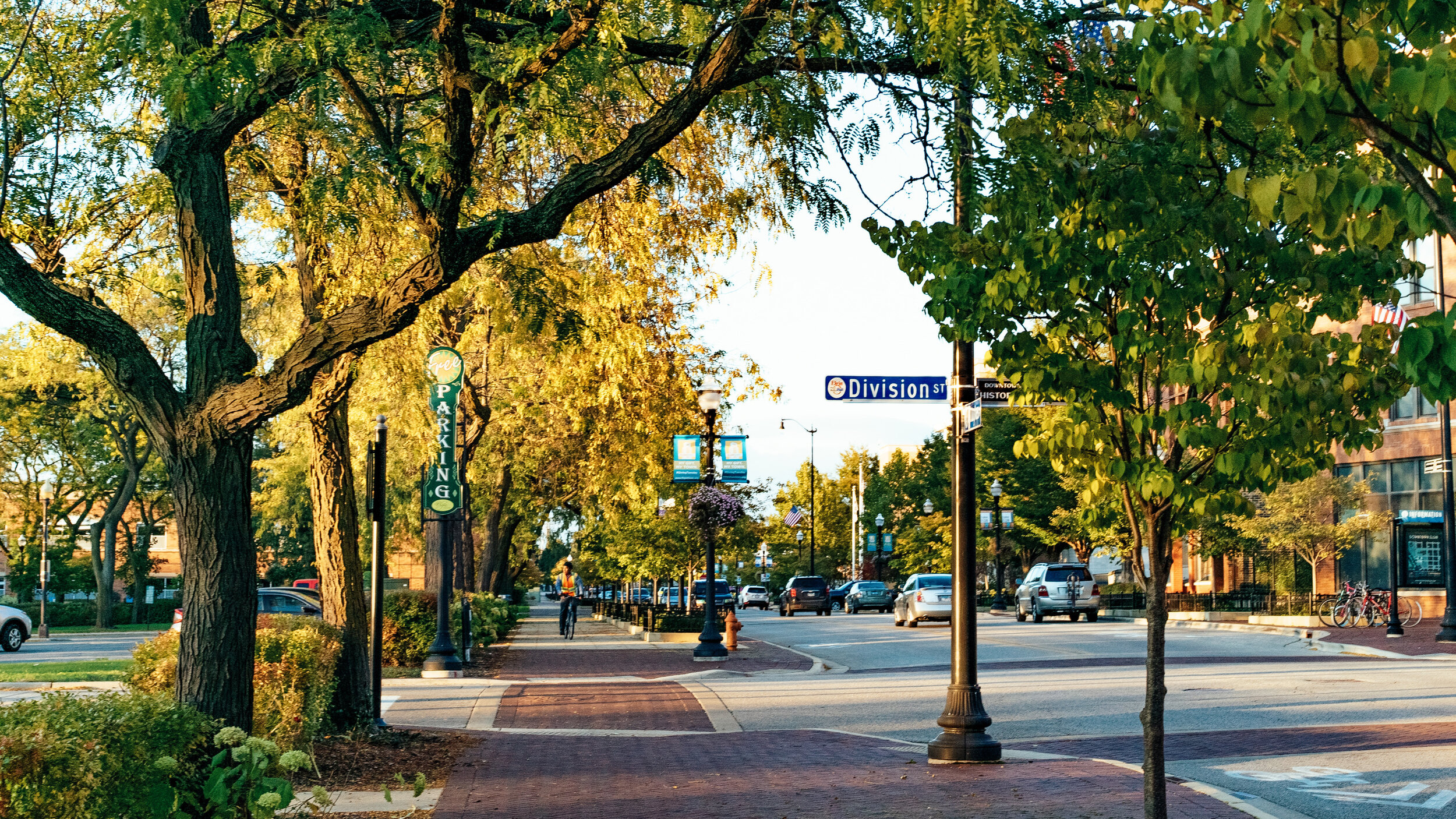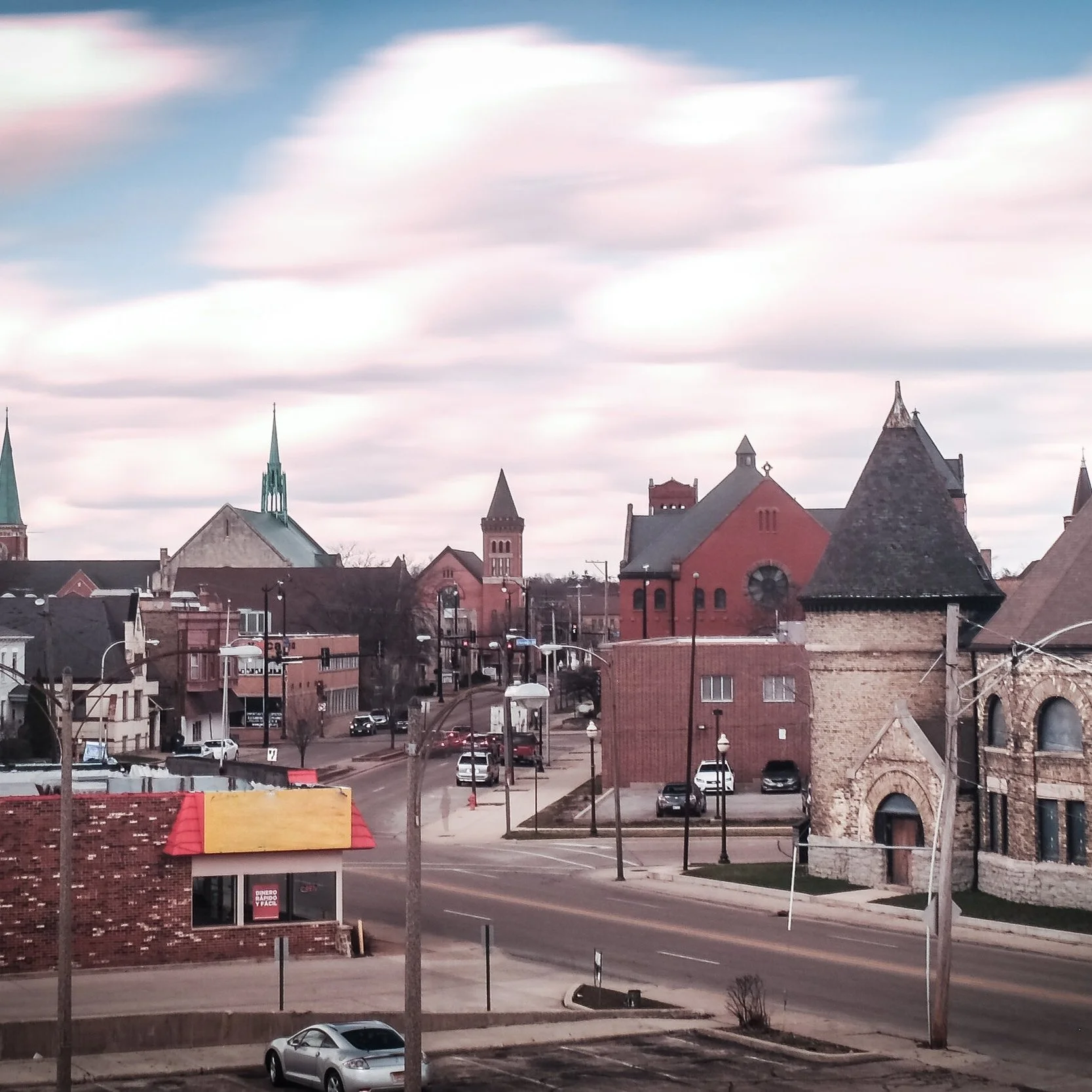
TABLE OF CONTENTS
The Assessment Set-up
Results
Strategic Plan
(4 Focus Points)
The Assessment Setup

One Collective Elgin has committed to learn as much as possible about the community. Our vision is to see all people in Elgin be able to have their voices heard, have access to the resources they need, and be able to make a contribution to the community. In order to do this, we wanted to start by listening well to community members. Below is a report of our findings.
From January-August 2022, 418 conversations with unique individuals were logged, coded, and studied. Below is a simple report of what was discovered in this research about the needs in our community.
Setup:
Every participant was asked three questions:
“Make a list of your top 3-5 biggest problems in your community or in the city of Elgin. Which would you fix first?”
“What resources or skills do you have that you would be willing to contribute to solving any of the problems in our city?”
“Where are you and/or the people in your community finding hope right now?”
Then they were asked if they were willing to share their demographic information.
Limitations:
Our study was conducted by volunteers -- not trained scientists.
The people studied were not random, rather, they were selected by a snowball method. This means interviewers asked people they knew to participate, and then asked participants to recommend the next interviewee.
It is not a randomized sampling, therefore, it cannot be generalized to all of Elgin, and if the study was conducted again, it could not be guaranteed that the same answers would be found.
Our study was coded by three members of the One Collective team. Though every effort was made to read the results without bias, undoubtedly some biases still affect the codes chosen and the way the results are articulated.
Coding:
After each member of the coding team read all of the lines of data, the codes were chosen based on collective decision-making. Then, all of the lines were read by each team member again in order to tabulate the number of times each theme was seen. Any doubts about how to code responses were resolved through team discussions.
Because the questions are open ended, people’s answers are sometimes counted in multiple code categories if they listed multiple problems or multiple resources/skills. What is counted is the number of responses that fit that code.
Results

QUESTION 1
“Make a list of your top 3-5 biggest problems in your community or in the city of Elgin. Which would you fix first?”
| Biggest Problems | Number of Responses |
|---|---|
| Housing
|
206 |
| Safety | 163 |
| Business and Economic Issues | 162 |
| Infrastructure | 131 |
| Kids' Education and Resources | 110 |
| Other Internal Community Issues | 81 |
| Access to and Awareness of Resources | 80 |
| Environmental Issues | 70 |
| Cultural and Racial Issues | 63 |
| Elgin's Reputation | 12 |
*Results for Question 1 (n=411)
Over 50% of respondents responded that housing was the biggest issue in Elgin (as seen in the chart on the left). Homelessness, in particular, was mentioned extremely frequently. People mentioned difficulty finding affordable housing for the working class as well as the difficulty accessing rental assistance programs. People described feeling discontent with how properties were not being kept up, and what was seen as unfair policies practiced by landlords.
Many people feel unsafe, mentioning violence, crime, bullying, and policing issues as the causes for their fears.
People used the word “poverty” to describe city-wide socio-economic issues. Other folks described economic issues more in terms of development. They talked about a lack of support for small businesses resulting in a large number of vacant business properties, lack of retail and restraraunt variety. Some folks also mentioned the need to develop the space by the river more effectively to recruit consumers.
An issue that has risen significantly since the 2020 needs assessment was the number of times infrastructure issues were mentioned. People mentioned roads and street lights as problematic. Dundee Avenue was described on several occasions as particularly hazardous. Other infrastructure issues mentioned included slow snow removal in some neighborhoods, and the need for more bike lanes.
People reported problems with the education system and overall school engagement, too few kid-friendly spaces, strong mentoring programs, or sufficient variety in activities and sporting opportunities for young people to grow.
“Other Internal Community Issues” was used as a catch-all category for division between policy-makers, and leaders within government, organizations, and churches, and as well as dissatisfaction with community events and connections.
Respondents described difficulty accessing quality health care — especially mental health care. Some reported shortages in resources due to a lack of collaboration and alignment between social service organizations.
Garbage and littering were reported as problematic. People stated that there was a need for beautification with an emphasis on areas outside of downtown. People described issues with the Fox River — both environmental issues with pollution and issues with division between people on the East and West sides of the city.
Many folks described equity issues, stating that folks with different backgrounds did not have access to the same leadership positions, or resources. Some mentioned that resources are unavailable in a language they can understand. Other folks cited more blatant acts of racism.
Some respondents mentioned frustration that the outside perspective of Elgin does not match their good experiences of Elgin.
Resources or Skills
Question 2
“What resources or skills do you have that you would be willing to contribute to solving any of the problems in our city?”
| Code | Number of Responses |
|---|---|
| ALL TYPES OF VOLUNTEERS | 242 |
| Specialized Skill | 88 |
| Manual Labor | 24 |
| Mentor or Coach | 20 |
| Translation or Language Help | 18 |
| Job Skill or Financial Literacy Training | 17 |
| Spiritual Direction | 7 |
| Digital or Design Help | 7 |
| ORGANIZING, NETWORKING, AND ADVOCACY | 99 |
| DONATIONS | 18 |
*Results for Question 2 (n=418)
This second question lead to a mind-blowing realization: over 50% of participants are willing to volunteer in some capacity (see the chart on the left). The types of things people were willing to do as volunteers was broken down into several subcategories. Many people reported they had a special skill they were willing to share. Skills people reported multiple times are broken down into the subcategories seen on the left.
The important takeaway is that there is a wild amount of untapped human capital in our city! Can you imagine what would happen if all of the volunteer potential in Elgin was unleashed?
Other folks reported that they were willing to share their networks. They reported that they were willing to help get word out about resources or organize people for initiatives. They reported they were willing to help advocate to change policies and gain resources.
There are a lot of people in this community who want to help. In order to maximize potential, it is critical that people and resources are aligned. We have to develop shared goals, we have to empower people, and we have to solve our problems together.
Hope
Question 3
Where are you and/or the people in your community finding hope right now?
This year, we added a third question — seeking to find out where people were finding hope — with some fascinating findings.
The number one area people were finding hope was in the context of their communities. “Community” was the word chosen anytime someone mentioned an established group of people — their neighborhood, church, work, school, sport, or other group of people (see the chart on the right).
“Relationships” identified individual people — family, friends, spouses, children, bosses, etc.
Services was used to identify organizations — city or nonprofit that served the people in Elgin.
Faith was used whenever someone mentioned God or spirituality.
16 people mentioned that they were finding hope in the fact that the world was finally recovering from COVID and returning to normal.
Sadly, 28 respondents stated that they were not finding hope anywhere.
| Number of Responses | |
|---|---|
| Community | 140 |
| Relationships | 126 |
| Services | 62 |
| Faith | 45 |
| Self | 14 |
| Recovery from COVID | 16 |
| NONE | 28 |
For information on how One Collective Elgin intends to solve problems in Elgin, click below to see our strategic plan




